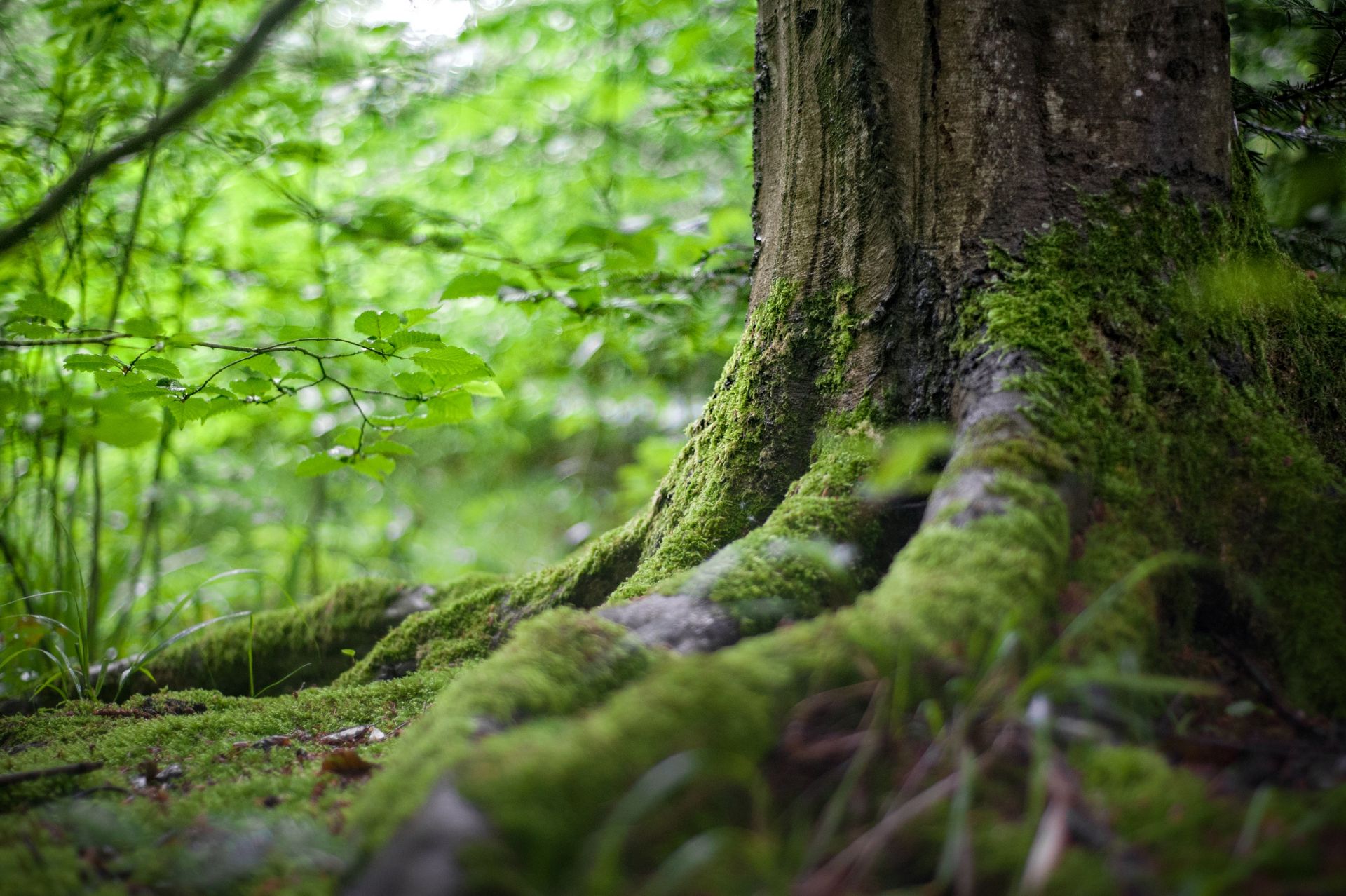
"In the current nature and climate emergency, we’re seeing more people affected by eco-anxiety – feeling overwhelmed by the damage to our environment and not knowing what to do to help. This, along with other stresses, aren’t good for us. But with 30 Days Wild from the Wildlife Trusts you can incorporate some simple nature-based activities into your daily life and feel the benefit. These activities can lower blood pressure, take our minds away from our day-to-day concerns and help us relax, as well as providing simple ways to help wildlife."
- Dr Amir Khan, GP and Ambassador for The Wildlife Trusts
During these uncertain times, we may experience feelings of stress or anxiety far more frequently than we have done previously.
Looking after our mental health and wellbeing is important for everyone, and there are things that each of us can do in our day-to-day lives that can help support good mental health, including connecting to nature.
Whilst it’s vital to stick to the latest Government advice around social distancing and travelling outdoors, it’s still possible to bring nature in to your lives. From local parks to gardens, window-boxes and even houseplants, we can all benefit from the nature around us.
What are the benefits of connecting with nature though? Can it really benefit our health and wellbeing? In this blog post I examine the health benefits of being in nature, why committing random acts of wildness plays an important role in the myriad of health campaigns out there and what we can do to actively connect with nature.
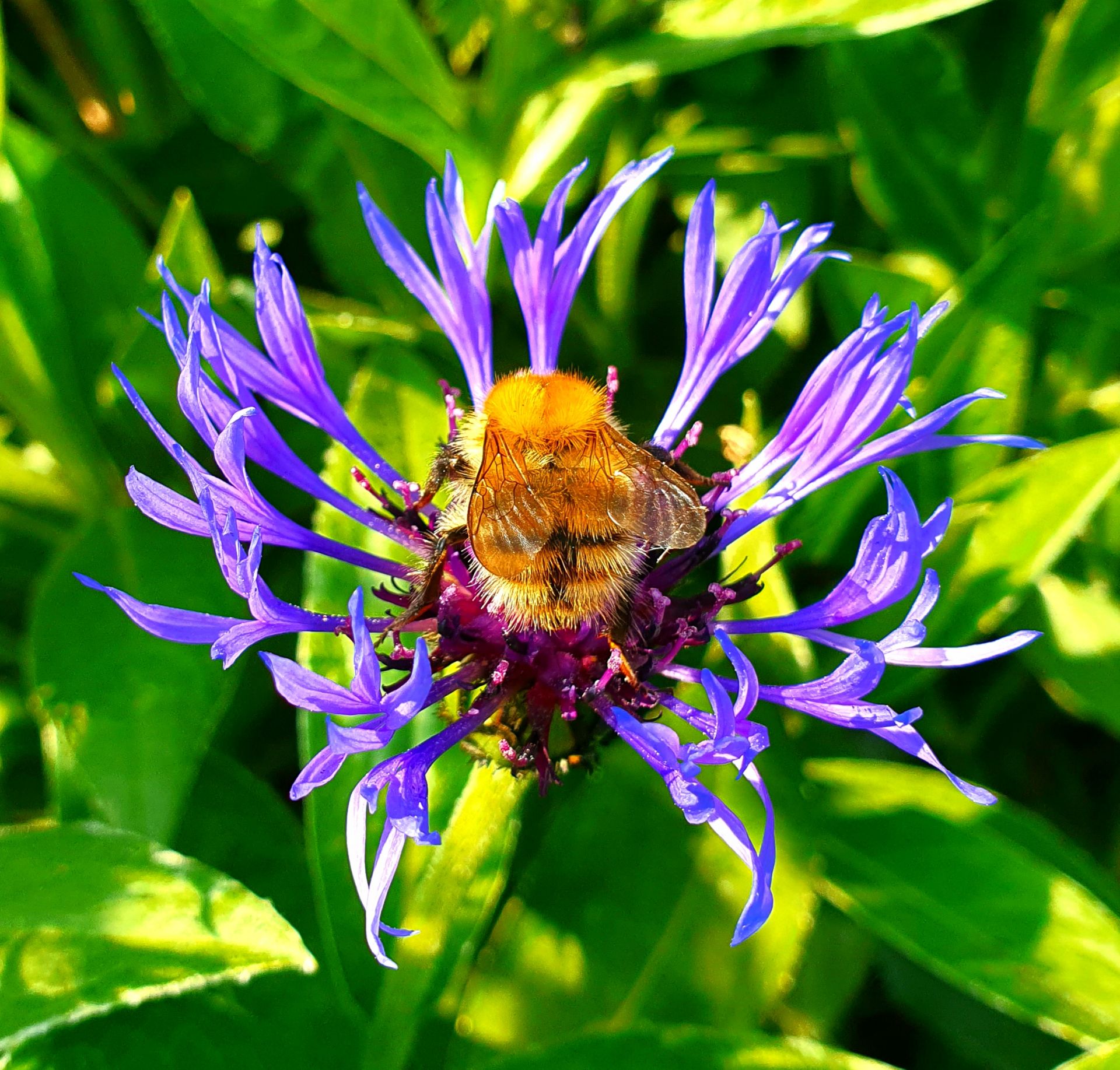
Nature and me
Lockdown has been strange one for me, and I am expecting it is the same for many of you.
I have found some big positives in working from home and not having to commute to work such as more physical activity, not having to brush my hair, not having to feel the need to put on make or even a bra! I am lucky they are still reasonably perky! Essentially most of it revolves around me being able to be more trollish! Me and Mrs. Twit could be identical twins on my working from home days…my beard is more impressive though.
However, for me personally I have found there has been more negatives – purely because of the way I work and the way I am as a person. I have struggled with my internet set up at home – I like to work fast and diligently, and having slow connections has made it harder for me to do this. I struggle with my mind telling me I am now not contributing enough to the team – I know this is all just me, but I am still what my partner likes to call me – a ‘worry chicken’. I have also struggled with the lack of face to face chats with my wonderful team and work friends. I feel this has been my biggest loss in working from home, from sharing the moans and groans to talking about random nothingness…stoats and pangolins come to mind.
This is why, for me, connecting with nature has been of the utmost importance. Getting outside in the day, whether it is for a walk, going into the garden to observe my bird feeders, the bees and butterflies feeding on my buddleia or to simply check the progress of my beloved tomato plants it has provided me with a calming stress release that I can check in with at multiple points during the day. It sounds silly, but sometimes with minutes of being outdoors I am feeling more connected with the outdoors rather than the stresses of work, and calmer – my resting heart rate attests to this too!
However, do not just take my personal account as the word, please read on for interesting facts and ideas to have your own experiences with nature.
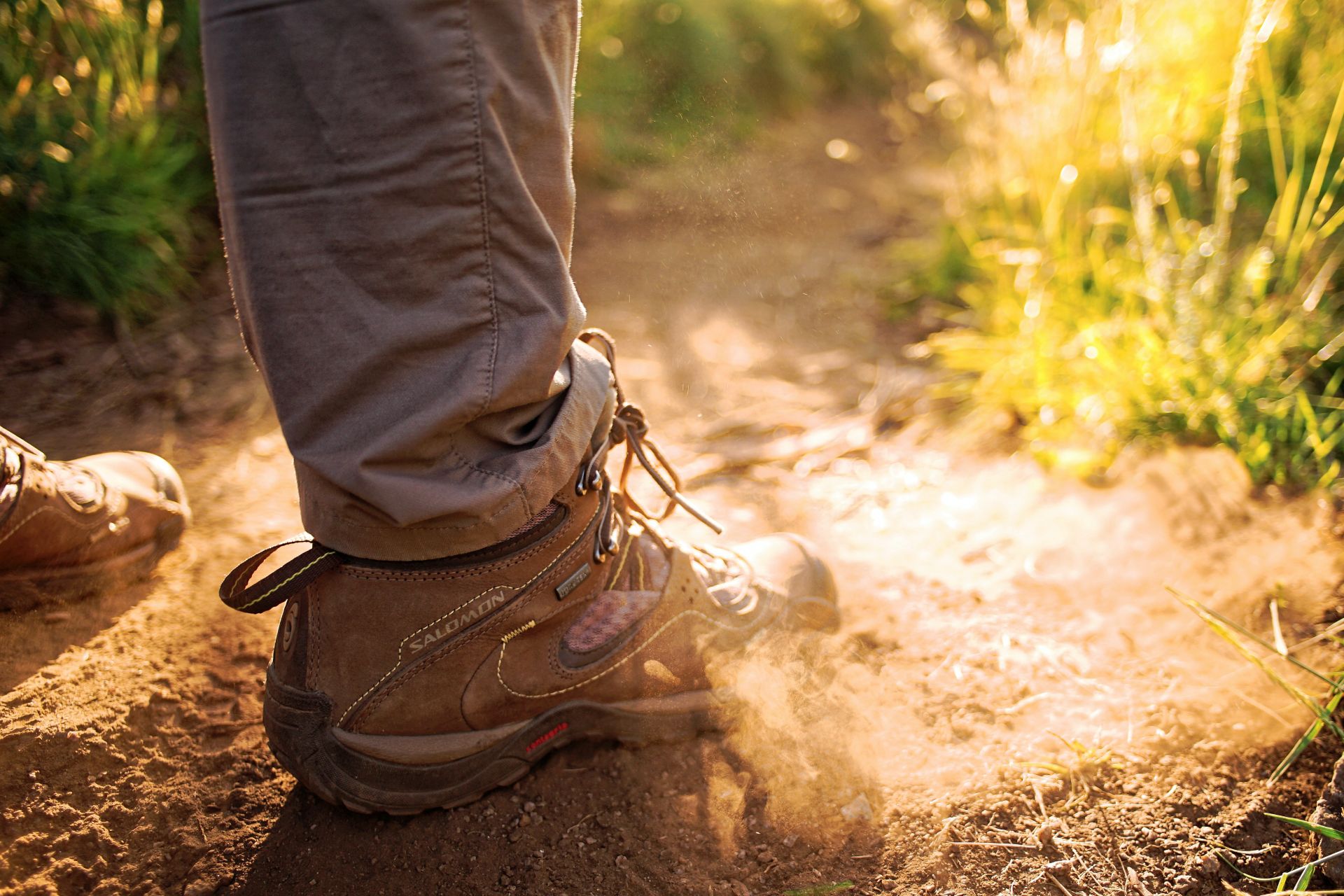
Nature and mental health – what is the big deal?
Spending time in green space or bringing nature into your everyday life can benefit both your mental and physical wellbeing. For example, doing things like growing food or flowers, exercising outdoors or being around animals can have lots of positive effects. It can:
- improve your mood
- reduce feelings of stress or anger
- help you take time out and feel more relaxed
- improve your physical health
- improve your confidence and self-esteem
- help you be more active
- help you make new connections
- provide peer support.
It is recommended that you spend at least two hours outside a week to actively improve your health and wellbeing. This is isn’t a lot – it equates to just over seventeen minutes a day. What could you be doing in those seventeen minutes? Perhaps you spend your lunch break in a green space near you, walk a daily mile, have your morning coffee in the garden, water some plants or simply take a longer walking route to the village shop. There are many activities you can do to ensure you are connecting with nature. Have a look at the Random Acts of Wildness below for some simple ideas!
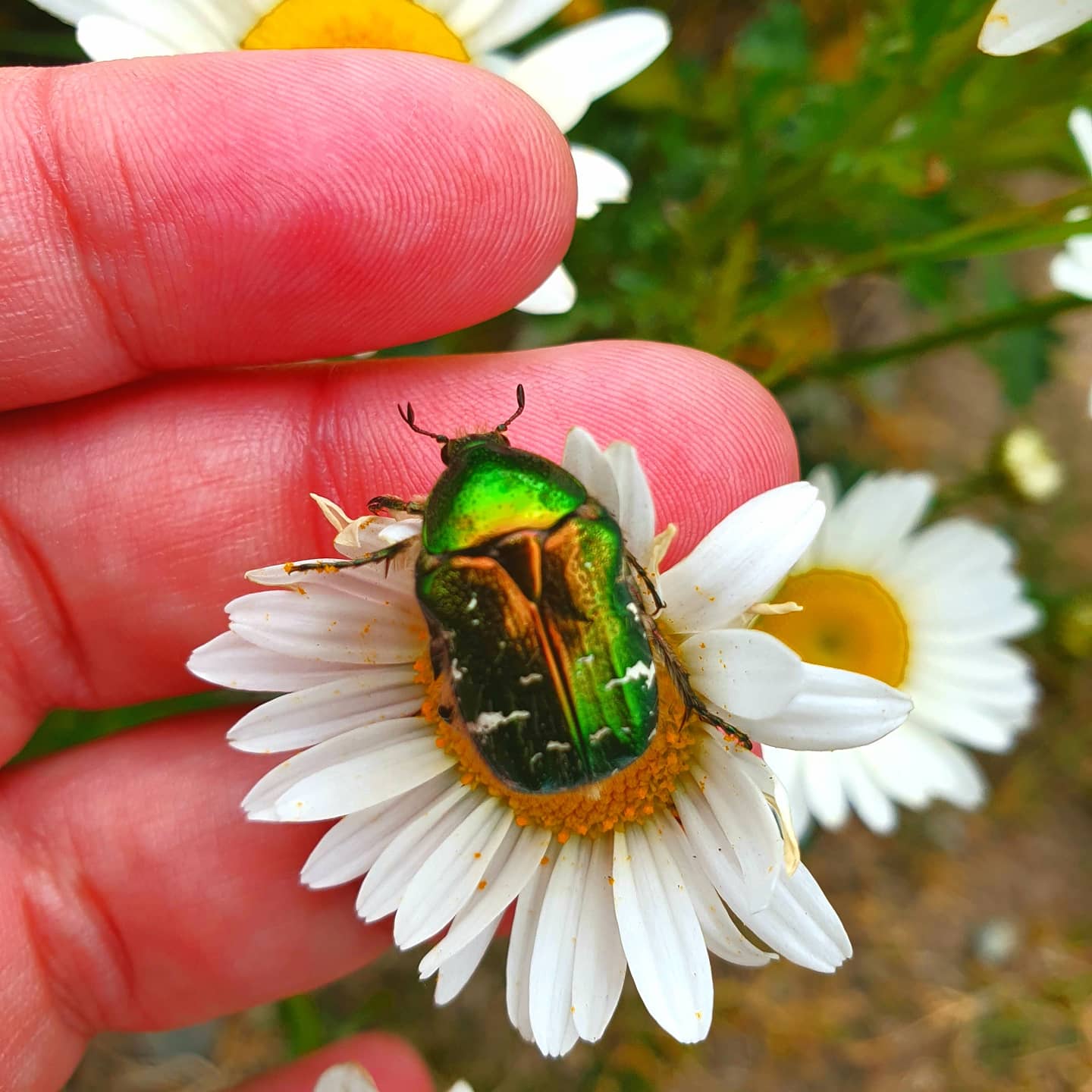
What is 365 Days Wild?
So, you may have heard of 30 Days Wild? Of course you have, I rant on about it all the time! The Wildlife Trusts. 30 Days Wild may be over, but hopefully your wild month has inspired you to get outdoors as much as you can throughout the year. There's so much to see all year round, and a little bit of nature every day really does make you feel happier and healthier.
If you'd still like access to all The Wildlife Trusts 30 Days Wild materials, you can download them – they offer so much inspiration!
The Wildlife Trusts want us to do one wild thing a day throughout the whole year: for your health, your wellbeing and for our planet. That’s 365 simple, fun and exciting Random Acts of Wildness.
How do you get involved? By committing Random Acts of Wildness, that’s how!

What is a Random Act of Wildness?
A Random Act of Wildness is anything that you can do in an average working day to bring a little nature into your life. They can take a few seconds, a few minutes, or if you lose yourself completely, a few hours! We've got quite a few ideas below - but you can make up your own, too!
Here are a few ideas for Random Acts of Wildness:
- Inhale the scent of a wild flower
- Explore trees in your local area, examine what they look like – perhaps do a tree rubbing?
- Bring nature to your neighbourhood – why not make a hedgehog home or a bug motel?
- Go stargazing
- Build a wildlife city
- Go birdwatching or pop some feeders out and watch them in your garden!
- Watch a wild webcam
- Create a wild pond – you can make one with something as small as a washing up bowl!
- Tune into nature by switching off!
- Make your lunch hour your wild hour.
- Unleash your inner artist and create something outdoors
- Hush in a hide (a bird hide that is)
- Tickle your toes in the grass
- Keep a wild photo diary
- Bird watch on your bike
- Look for minibeast
- Go slow with a snail
- Leave a wild corner in your garden and see who visits you!
- Climb a tree
- Walk in the wild
These are to name but a few ideas!
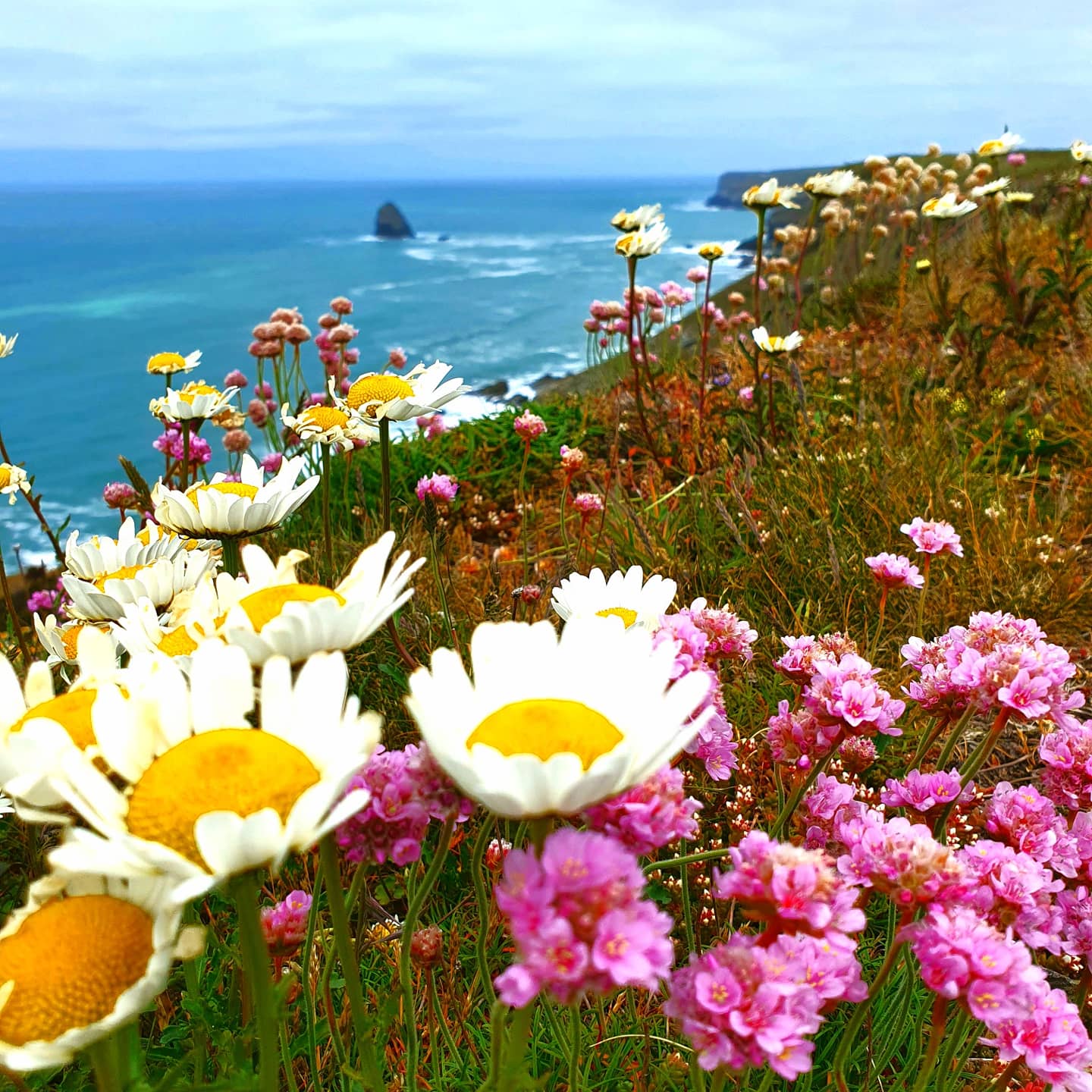
But what is the science behind this? Does nature really benefit out health and wellbeing?
In 2016 the University of Derby looked into how beneficial #30DaysWild really was to those participating – if you need scientific proof being in nature is beneficial to your health!
Their studies found that there was a need for more interventions to improve health and wellbeing in the UK and that interventions that increased human involved with the natural world was one of the fastest growing ways of improving human and environmental health and reducing health inequalities.
Every year the University of Derby have conducted evaluations based on the findings of The Wildlife Trusts 30 Days Wild campaign. Their findings compared baseline measures of nature connection, health, happiness and conservation behaviours over a variety of timescales before and after the studies participated in the campaign. Every year they have found there were sustained and significant increases for scores in nature connection, health, happiness and conservation behaviours.
What more proof do you need? Don’t just get involved to benefit nature, get involved to improve your own health and wellbeing!
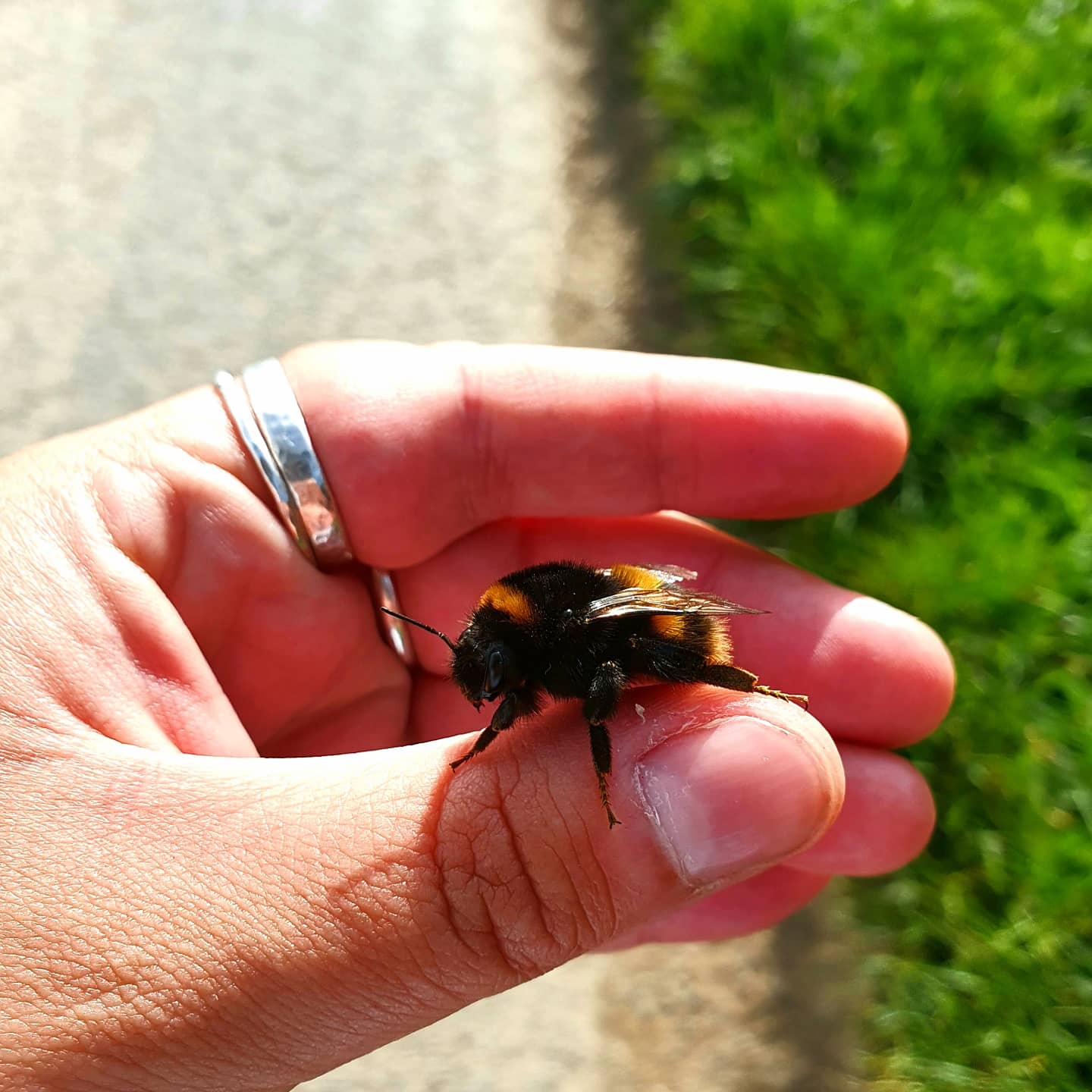
Five ways to connect with nature
- Seek out green spaces
There is a lot of scientific research exploring the fascinating link between time spent in nature with a reduced risk of mental health problems, improved mood and reduced stress.
Whether you live in the countryside surrounded by green spaces, or in the city, there is nature everywhere. From local parks, gardens, canals, or courtyards, it’s worthwhile seeking out these natural spaces if you can do so in a safe way, following the latest Government advice.
If you’re struggling to find an area near you, or you can’t go out at the moment, why not try and bring nature to you. This could be planting herbs or flowers in your garden or balcony or introducing some house plants into your personal space. Even keeping your windows open to let in fresh air and getting some natural sunlight can be beneficial.
- Relaxation and mindfulness
Taking quiet time to reflect on your natural surrounds can be really positive for mental health and wellbeing. Some of you may have even heard of the Japanese phenomenon, Forest Bathing. This is simply spending time in a forest using your senses, which can lead to improved mental health.
If you’re not sure how to practice ‘mindfulness’, just take your time to be aware of how you’re feeling, your surroundings, what you can hear, smell, touch and see. Try not to think about anything else apart from what you’re doing right at that moment.
- Interacting with wildlife
Being around animals and wildlife can also be beneficial for overall wellbeing. Even from your own home, take a look outside your window and see if you can spot birds in your garden. If you can’t see them, listen for them instead!
Over the coming months, you might start to see more wildlife appearing, as the days get warmer. The more you look, the more you see!
- Creativity
Nature can be great inspiration to get creative! This can be through painting, drawing, crafting something, photography or writing – the possibilities are endless.
- Gardening, conservation and farming
Gardening can have huge benefits for your wellbeing, and studies have found that time gardening can improve mood, increase quality of life, and overall wellbeing.
Planting and growing your own food has huge environmental benefits too, from significantly reducing food miles, eating more seasonal produce, and knowing exactly where your food comes from. It’s a win-win!
I leave you with an important video in support of Cornwall Wildlife Trusts. Gillian Burke, of Spring Watch fame, delivers the message.
Do your two-minute survey now and help Cornwall Wildlife Trust protect our wild places.
Useful links
- The Wildlife Trusts
- The Wildlife Trusts YouTube channel - hundreds of beautifully filmed nature footage - I love spending a mindful moment watching their videos.
- 365 Days Wild – a blog – website by Lucy McRobert, the author of the official 365 Days Wild book to accompany the nature campaign. So many ideas on here!
- 365 Days Wild official home
- #30DaysWild ideas – courtesy of The Wildlife Trusts website
- WWF lots of information and tips on sustainability, support our natural spaces, climate change and nature.
- MIND - Nature and mental health. Explains the mental health benefits of nature and gives tips and ideas to try
- An article on How Does Nature Impact Our Wellbeing?
- The Guardian have written an article on Two-hour ‘dose’ of nature significantly boosts health – study
- If you want to buy the book that accompanies the 365 Days Wild Wildlife Trust campaign please find it here. A portion of the profits goes to designated charities.
< Water Baby: Swimming your way to Improved Well-being Cervical Screening Awareness Week - Olivia's personal experience >


